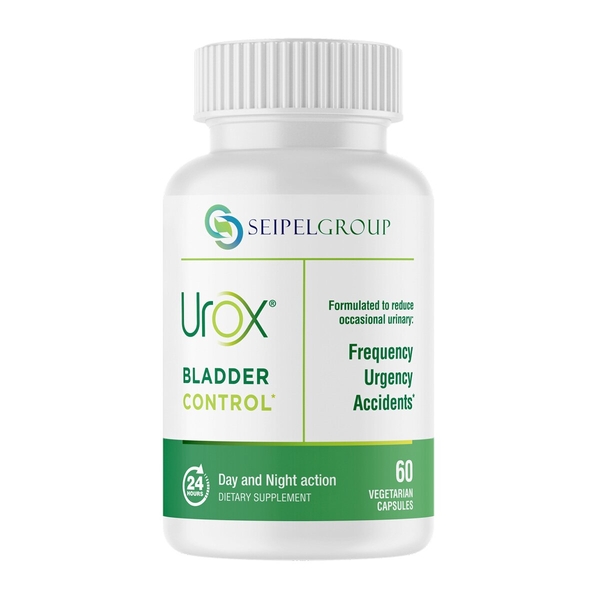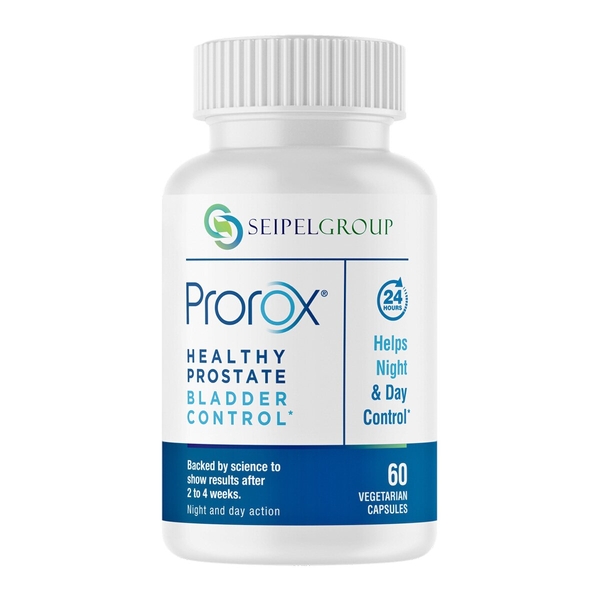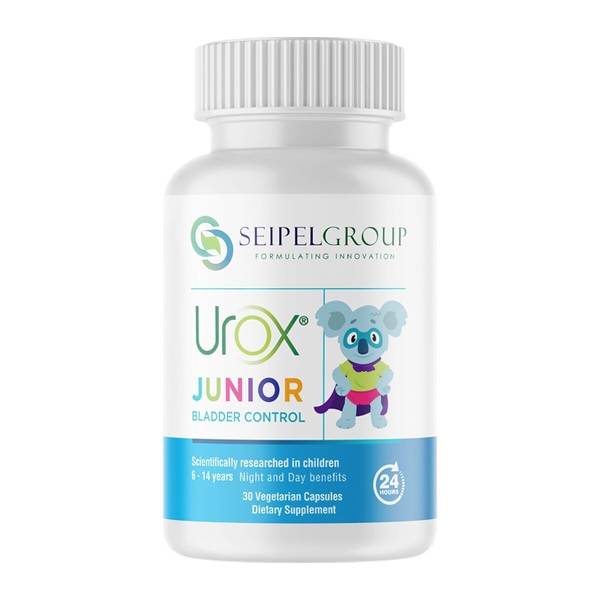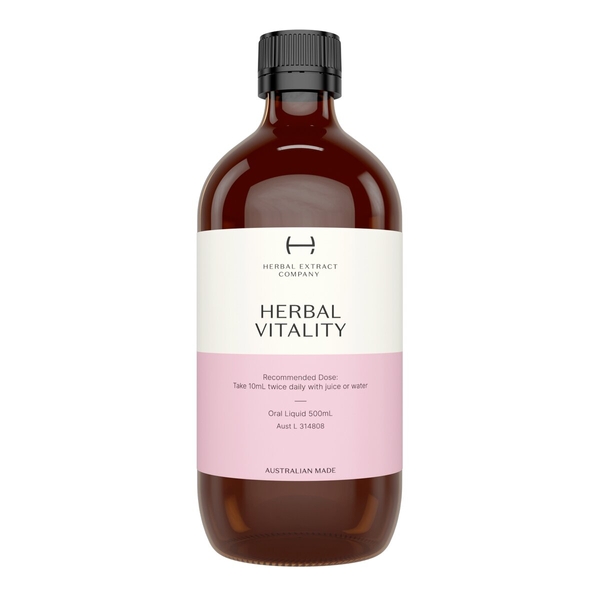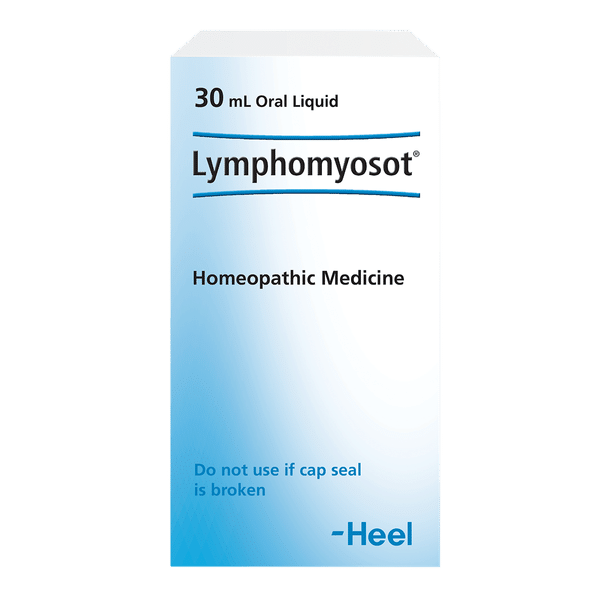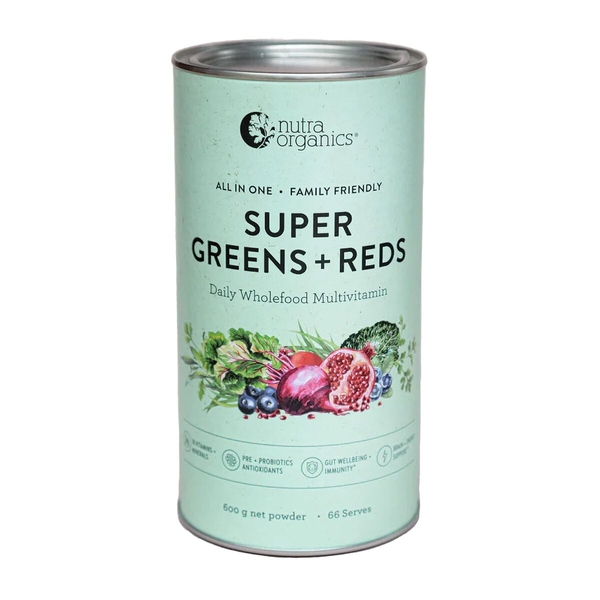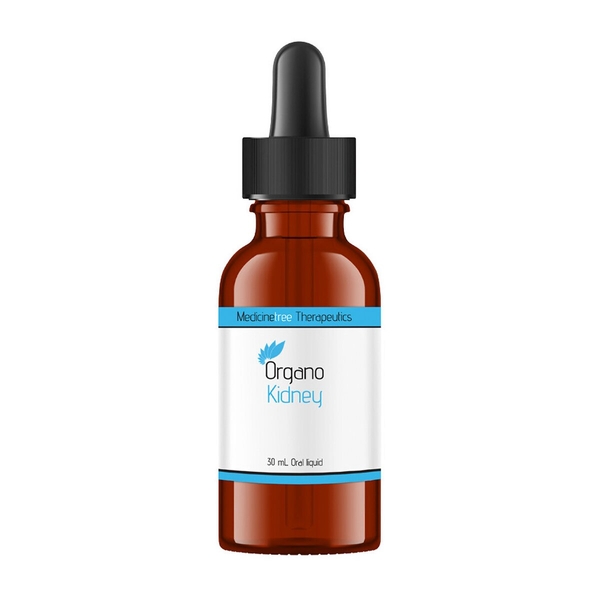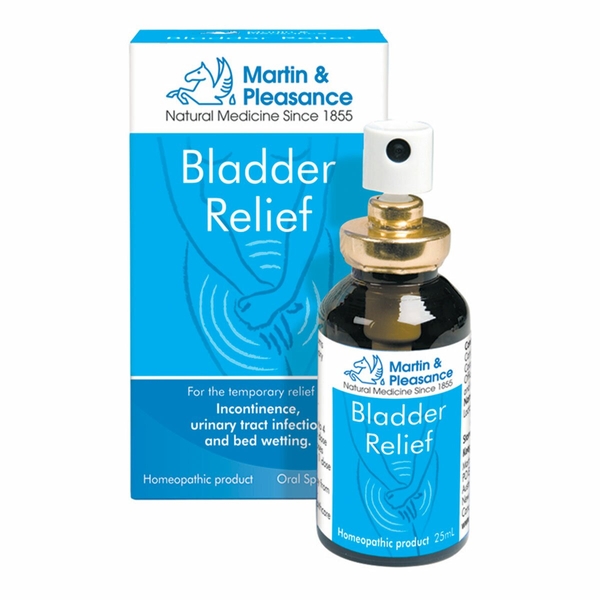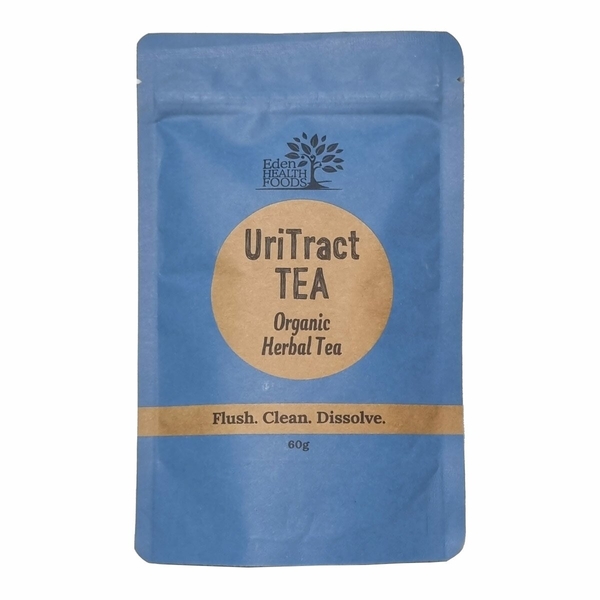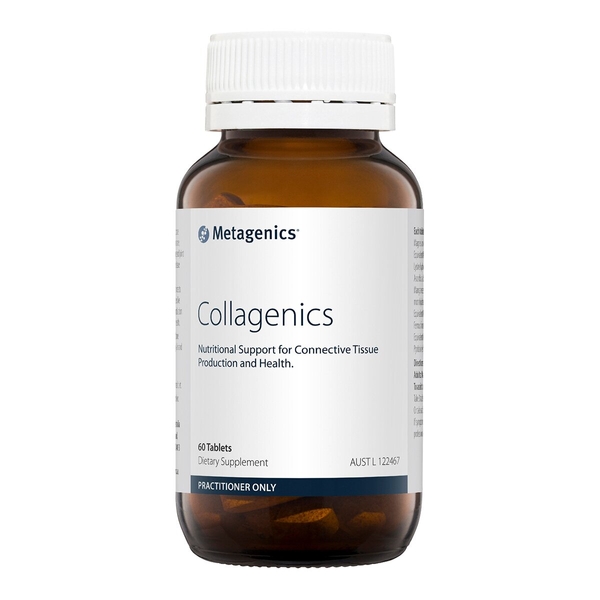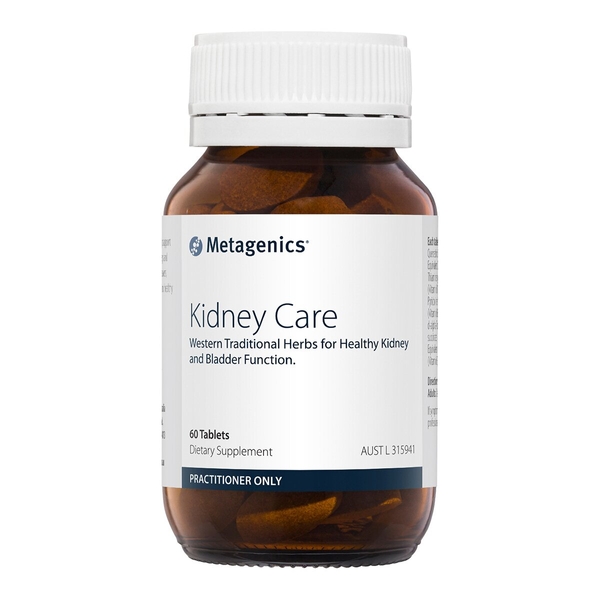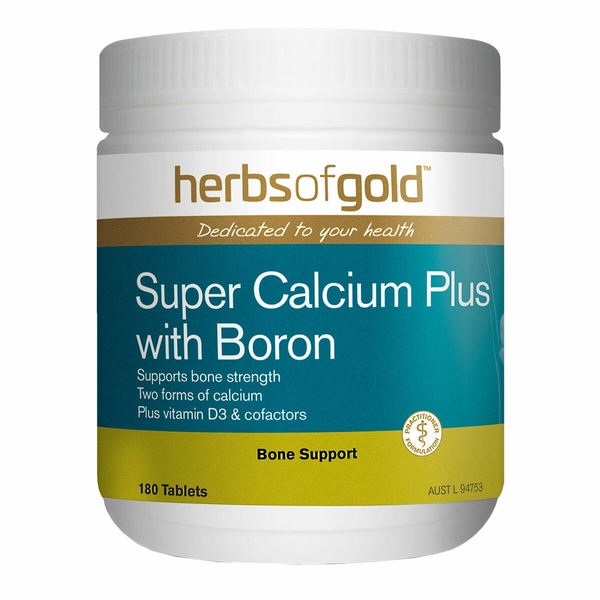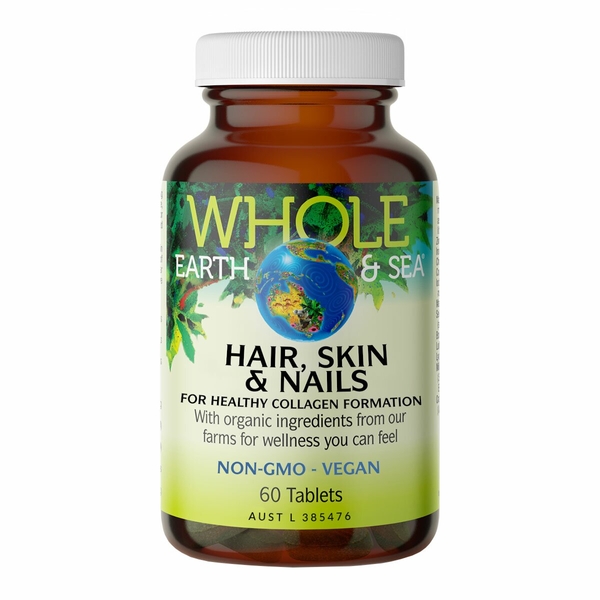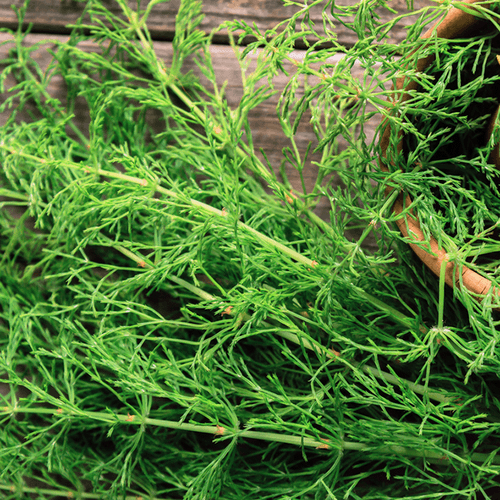
Background
The chemicals in horsetail might have antioxidant and anti-inflammatory effects. They might also work like "water pills" (diuretics) and increase urination.
People use horsetail for fluid retention, urinary tract infections (UTIs), osteoporosis, loss of bladder control, and many other conditions, but there is no good scientific evidence to support these uses.
Safety Safety definitions
When applied to the skin: There isn't enough reliable information to know if horsetail is safe or what the side effects might be.
Special Precautions & Warnings:
Pregnancy and breast-feeding: There isn't enough reliable information to know if horsetail is safe to use when pregnant or breast-feeding. Stay on the safe side and avoid use.Alcohol use disorder: People with this condition are generally also thiamine deficient. Taking horsetail might make thiamine deficiency worse.
Allergies to carrots and nicotine: Some people with allergy to carrot might also have allergy to horsetail. Horsetail also contains small amounts of nicotine. People with nicotine allergy might have an allergic reaction to horsetail.
Low potassium levels (hypokalemia): Horsetail might lower potassium levels in the blood. Until more is known, use horsetail with caution if you are at risk for potassium deficiency.
Low thiamine levels (thiamine deficiency): Taking horsetail might make thiamine deficiency worse.
Effectiveness
Dosing & administration
Interactions with pharmaceuticals
Efavirenz (Sustiva)
Interaction Rating=Moderate Be cautious with this combination.
Efavirenz is a drug used to treat HIV. Taking horsetail with efavirenz might reduce the effects of efavirenz. Talk with your healthcare provider before using horsetail if you are taking efavirenz.
Lithium
Interaction Rating=Moderate Be cautious with this combination.
Taking horsetail might decrease how well the body gets rid of lithium. This could increase how much lithium is in the body and result in serious side effects. Talk with your healthcare provider before using this product if you are taking lithium. Your lithium dose might need to be changed.
Medications for HIV/AIDS (Nucleoside reverse transcriptase inhibitors (NRTIs))
Interaction Rating=Moderate Be cautious with this combination.
Taking horsetail with NRTIs might reduce the effects of these drugs. Talk with your healthcare provider before using horsetail if you are taking an NRTI.
Medications for diabetes (Antidiabetes drugs)
Interaction Rating=Moderate Be cautious with this combination.
Horsetail might lower blood sugar levels. Taking horsetail along with diabetes medications might cause blood sugar to drop too low. Monitor your blood sugar closely.
Water pills (Diuretic drugs)
Interaction Rating=Moderate Be cautious with this combination.
Horsetail can decrease potassium levels. "Water pills" can also decrease potassium levels. Taking horsetail along with "water pills" might make potassium levels drop too low.
Interactions with herbs & supplements
Chromium-containing herbs and supplements: Horsetail contains chromium. Taking it with other supplements that contain chromium can increase the risk of chromium poisoning. Examples of supplements that contain chromium include bilberry, brewer's yeast, and cascara sagrada.
Herbs and supplements that might lower blood sugar: Horsetail might lower blood sugar. Taking it with other supplements with similar effects might lower blood sugar too much. Examples of supplements with this effect include aloe, bitter melon, cassia cinnamon, chromium, and prickly pear cactus.
Silicon: Horsetail contains large amounts of silicon. Taking horsetail along with silicon supplements might increase the risk of adverse effects from silicon.
Thiamine: Crude horsetail contains a chemical that breaks down thiamine. Taking horsetail might cause thiamine deficiency.
Interactions with foods
Products
View all products- Equisetum arvense (Horsetail) ext. 150 mg
- Crateva magna ext. 120 mg
- Lindera strychnifolia ext. 150 mg
- Equisetum arvense (Horsetail) ext. 150 mg
- Serenoa repens ext. 320 mg
- Crateva magna ext. 120 mg
- Zinc citrate 17.2 mg equiv. zinc 5.5 mg
- Selenomethionine 68.3 µg equiv. selenium 27.5 µg
- Cholecalciferol 12.5 µg equiv. vitamin D3 500 IU
- Lindera strychnifolia ext. 150 mg
- Equisetum arvense (Horsetail) ext. 150 mg
- Lindera strychnifolia ext. 150 mg
- Crateva magna ext. 120 mg
- Equisetum arvense (Horsetail) ext. equiv. dry 355 mg
- Crataegus monogyna ext. equiv. dry 711 mg
- Rehmannia glutinosa ext. equiv. dry 711 mg
- Eleutherococcus senticosus ext. equiv. dry 533 mg
- Urtica dioica ext. equiv. dry 888 mg
- Petroselinum crispum ext. equiv. dry 888 mg
- Trifolium pratense ext. equiv. dry 711 mg
- Euphrasia officinalis ext. equiv. dry 711 mg
- Taraxacum officinale ext. equiv. dry 711 mg
- Avena sativa ext. equiv. dry 355 mg
- Vaccinium myrtillus ext. equiv. dry 107 mg
- Rosmarinus officinalis ext. equiv. dry 71 mg
- Cinnamomum verum ext. equiv. dry 71 mg
- Syzygium aromaticum ext. equiv. dry 18 mg
- Mentha x piperita oil
- Pimpinella anisum oil
- Glycerol
- Equisetum hyemale
- Levothyroxine sodium
- Myosotis arvensis
- Pinus sylvestris (Pine)
- Sarsaparilla
- Scrophularia nodosa
- Nasturtium aquaticum
- Aranea diadema
- Calcium phosphate (Calc phos)
- Ferrum iodatum
- Fumaria officinalis
- Gentiana lutea
- Geranium robertianum
- Teucrium scorodonia
- Veronica officinalis
- Sodium sulphate anhydrous
- Juglans regia (Walnut)
- Equisetum arvense (Horsetail) (herb) powder
- Inulin (Dietary fibre)
- Marine collagen peptides 250 mg
- Lepidium meyenii (root) powder
- Lactobacillus rhamnosus (LR-32)
- Bifidobacterium longum (BL-05)
- Zinc
- Cannabis sativa powder 520 mg
- Arthrospira platensis (Spirulina) 370 mg
- Linum usitatissimum (seed) flour (Flaxseed) 250 mg
- Wheatgrass powder
- Sunflower lecithin
- Citrus limon (juice) (Lemon)
- Ananas comosus (Pineapple)
- Ascorbic acid (Vitamin C)
- Euterpe oleracea (berry) ext. (Acai)
- Chlorella pyrenoidosa powder
- Lycopersicon esculentum (Tomato)
- Apple pectin
- Beta vulgaris (root) powder (Beetroot)
- Citric acid anhydrous
- Citrullus lanatus (Watermelon)
- Fragaria ananassa (juice) powder (Strawberry)
- Garcinia mangostana (fruit) powder
- Punica granatum juice dry
- Carica papaya (fruit) powder
- Vaccinium macrocarpon (fruit) powder
- Natural vanilla flavour
- Lycium barbarum (fruit)
- Aristotelia chilensis (Maqui berry)
- Silybum marianum powder
- Astragalus membranaceus (root) powder
- Laminaria digitara (Kelp)
- Silica - colloidal anhydrous
- Daucus carota powder (Carrot)
- Camellia sinensis powder
- Withania somnifera (root) powder
- Eleutherococcus senticosus (root) powder
- Echinacea purpurea (root) powder
- Melissa officinalis powder
- Taraxacum officinale (leaf) powder
- Zingiber officinale (root) powder
- Rosa canina powder
- Vaccinium myrtillus (fruit) powder
- Ulmus rubra (bark) powder
- Mushroom powder
- Kakadu plum powder
- Calcium pantothenate (Vitamin B5)
- Panax ginseng powder
- Curcuma longa (root) powder
- Backhousia citriodora (leaf)
- Thaumatin
- Ananas comosus (Bromelain)
- Protease
- Phyllanthus emblica (fruit) powder
- Morindae officinalis (fruit) powder
- Marine algae
- Malpighia glabra (fruit) powder
- Medicago sativa 200 mg
- Sambucus nigra (fruit)
- Vaccinium corymbosum (fruit) powder
- Hordeum vulgare powder 200 mg
- Salvia hispanica (seed) powder
- Equisetum arvense (Horsetail)
- Chlorella pyrenoidosa powder
- Brassica oleracea var. acephala (leaf) powder (Kale)
- Inulin (Dietary fibre)
- Medicago sativa
- Brassica oleracea var. italica (Broccoli)
- Spinacia oleracea (Spinach)
- Green banana
- Bacillus coagulans (GBI-30)
- Arthrospira platensis (Spirulina)
- Laminaria digitara (Kelp)
- Euterpe oleracea (berry) ext. (Acai)
- Vaccinium corymbosum
- Malpighia glabra
- Beta vulgaris
- Punica granatum juice dry
- Lycium chinese
- Golden pea protein (sprout) bio-fermented
- Apple pectin
- Rubus idaeus (berry)
- Fragaria ananassa (Strawberry)
- Hippophae rhamnoides
- Lycopersicon esculentum
- Arctic sea algae
- Sea salt
- Sunflower seed extract
- Ananas comosus (Pineapple)
- Citrus limon (Lemon)
- Linum usitatissimum (seed) (Flaxseed)
- Malus (Apple)
- Lepidium meyenii
- Natural flavours
- Silybum marianum
- Centella asiatica
- Glycyrrhiza glabra (root)
- Althaea officinalis (root)
- Melissa officinalis
- Taraxacum officinale (leaf)
- Zingiber officinale (root)
- Withania somnifera
- Aloe barbadensis (leaf)
- Panax ginseng
- Pumpkin powder
- Sweet potato powder
- Sunflower seed
- Vaccinium macrocarpon
- Grifola frondosa (mushroom)
- Lentinula edodes (mushroom)
- Myrciaria dubia (fruit) powder (Camu Camu)
- Protease
- Amylase enzyme
- Lipase
- Cellulase
- Lactase
- Mesquite (pod) powder
- Thaumatin
- Prunus salicina (Queen Garnet plum)
- Chlorella pyrenoidosa powder
- Equisetum hyemale
- Porcine renal cortex
- Porcine renal medulla
- Porcine kidney
- Porcine ureter
- Porcine urethra
- Porcine urinary bladder
- Eupatorium purpureum
- Serum anguillae
- Porcine renal calculus (Kidney stone)
- Berberis vulgaris (Barberry)
- Equisetum hyemale
- Cantharis
- Petroselinum crispum
- Sepia
- Kalium phosphoricum
- Causticum
- Ferrum phosphoricum
- Equisetum arvense (Horsetail)
- Juniperus communis (berry)
- Arctostaphylos uva-ursi
- Zea mays
- Taraxacum officinale (leaf)
- Eupatorium purpureum
- Petroselinum crispum (root)
- Petroselinum crispum (leaf)
- Solidago virgaurea (flower)
- Hydrangea arborescens (root)
- Mentha x piperita (leaf)
- Althaea officinalis (root)
- Arctium lappa (root)
- Echinacea purpurea (root)
- Orange peel
- Echinacea angustifolia (root)
- Coriandrum sativum
- Equisetum arvense (Horsetail) ext. 182 mg
- Lysine hydrochloride 135 mg
- Ascorbic acid (Vitamin C) 50 mg
- Magnesium citrate 625 mg equiv. magnesium 100 mg
- Manganese sulphate monohydrate 15 mg equiv. manganese 5 mg
- Ferrous fumarate 15 mg equiv. iron 5 mg
- Pyridoxine hydrochloride (Vitamin B6) 10 mg
- Borax 8.8 mg equiv. boron 1 mg
- Cholecalciferol 3.5 μg equiv. vitamin D3 140 IU
- Equisetum arvense (Horsetail) ext. 10 mg
- Calcium citrate tetrahydrate 1.126 g equiv. calcium 237.3 mg
- Borax 8.82 mg equiv. boron 1 mg
- Hydroxyapatite 162.5 mg equiv. calcium 39 mg
- Magnesium oxide 207.3 mg equiv. magnesium 125 mg
- Manganese amino acid chelate 15 mg equiv. manganese 1.5 mg
- Zinc gluconate 2.3 mg equiv. zinc 300 µg
- Cholecalciferol 2.5 µg equiv. vitamin D3 100 IU
- Phytomenadione (Vitamin K1) 2.5 µg
- Equisetum arvense (Horsetail) ext. 2.5 mg
- Glutathione 25 mg
- Beta-carotene carotenoids (Vitamin A) 600 μg
- Cholecalciferol 1.25 μg equiv. vitamin D3 50 IU
- d-alpha-Tocopheryl acid succinate (Vitamin E) 4.13 mg
- Co-methylcobalamin (Vitamin B12) 20 μg
- Zinc citrate dihydrate 11.74 mg equiv. zinc 3.75 mg
- Calcium ascorbate dihydrate (Vitamin C) 30.26 mg equiv. ascorbic acid 25 mg
- Magnesium ascorbate (Vitamin C) 20.32 mg equiv. ascorbic acid 15.24 mg equiv. magnesium 2.134 mg
- Vaccinium macrocarpon powder 5 mg
- Camellia sinensis ext. 5 mg
- Schizandra chinensis ext. 5 mg
- Arthrospira platensis (Spirulina) 5 mg
- Euterpe oleracea (berry) ext. (Acai) 5 mg
- Chlorella vulgaris powder 5 mg
- Zingiber officinale ext. 5 mg
- Laminaria digitara (Kelp) 5 mg
- Phyllanthus emblica ext. 9.52 mg
- Thiamine hydrochloride (Vitamin B1) 1.27 mg equiv. thiamine 1 mg
- Riboflavin 5-phosphate sodium (Activated B2) 1.37 mg equiv. riboflavin 1 mg
- Nicotinamide (Vitamin B3) 5 mg
- Calcium pantothenate (Vitamin B5) 10.87 mg equiv. pantothenic acid 10 mg
- Pyridoxal 5-phosphate monohydrate (P5P) 2.19 mg equiv. pyridoxine 1.5 mg
- Calcified lithothamnion (Red algae) 43.18 mg equiv. magnesium 1 mg
- Copper sulfate 3.93 mg
- Silicon dioxide 53.53 mg equiv. silicon 25 mg
- Manganese gluconate 3.24 mg equiv. manganese 400 μg
- Selenomethionine 46.57 μg equiv. selenium 18.75 μg
- Lysine hydrochloride 3.12 mg equiv. l-lysine 2.5 mg
- Lycopene 250 μg
- Choline bitartrate 62.66 mg equiv. choline 25 mg
- Inositol 10 mg
- Biotin 1.5 mg
- Aspalathus linearis 50 mg
- Citrus sinensis ext. 5 mg
- Magnesium citrate 30.94 mg equiv. magnesium 5 mg
- Magnesium glycinate 30.97 mg equiv. magnesium 4.37 mg
- Curcumin (Turmeric) 1.5 mg
- Ultra fruit blend 25 mg
- Cruciferous vegetable blend 25 mg
- Live vegetable blend 22.5 mg
- Multi herb blend 10 mg

